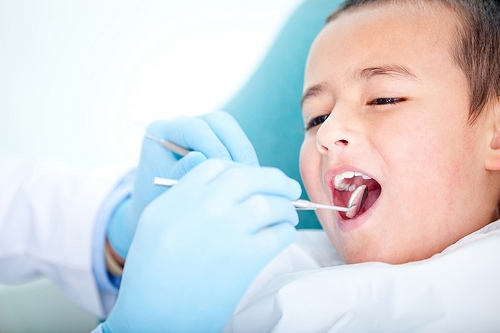Are you at risk for sleep apnea?
November 4th, 2015

If you are one of the more than 12 million North Americans who suffers from sleep apnea, Drs. Sidney and Jacob Kelly and our team want you to know we can help. Sleep apnea, a disorder that causes frequent disruption to your body’s sleep patterns, is also potentially dangerous, as it causes abnormal pauses in breathing or very shallow breathing during the night.
For those who suffer from sleep apnea, it may seem impossible to wake up feeling rested and energized. You may, for example, sleep for eight hours, but your body might have only received three or four hours of quality sleep.
Besides losing a good night’s sleep, the risk of heart attack and stroke have been linked to sleep apnea. Other conditions associated with sleep apnea include depression, irritability, high blood pressure, memory loss, and sexual dysfunction.
Sleep apnea occurs when the muscles in the back of the throat relax to the point of inhibiting natural breathing. The muscles used to support the soft palate relax and the airway closes, causing breathing to stop for anywhere from ten to 20 seconds, which is dangerous because it lowers the oxygen level in the brain.
Sleep apnea can affect anyone at any age, and CPAP devices (continuous positive airway pressure), among other treatments, are often prescribed for sleep apnea treatment. Another treatment option is an oral sleep apnea appliance, which positions your mouth in a way that brings your lower jaw forward and opens up your airway for unobstructed breathing.
At Sidney D. Kelly, DMD Family and Cosmetic Dentistry, we truly care about the health and well-being of our patients. In fact, we regularly screen our patients for sleep disorders during their regular checkups, and we will refer you to a sleep apnea specialist if an issue is detected. Please don’t hesitate to give us a call at our Roseville, CA office if you think you have sleep apnea or if you have any questions or concerns!



